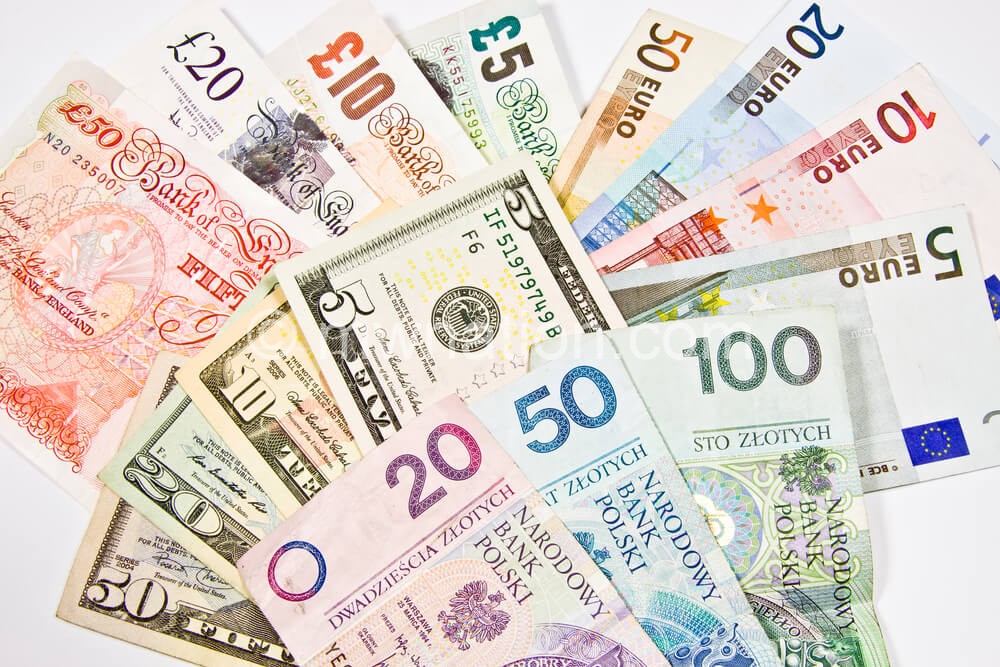Forex reserves shrink
Malawi’s foreign exchange reserves continue to be under pressure with latest market reports indicating dwindling of gross official and private sector reserves.
The situation has in turn continued to strain the exchange rate movement, with the kwacha depreciating against all major currencies in the past eight months and particularly slipping to K777.76 against the dollar, according to Reserve Bank of Malawi (RBM) figures.

The local unit ended the year at its lowest, shedding 4.33 percent against the dollar due to the decline in foreign exchange supply which has in turn put pressure on the country’s foreign exchange reserves.
Figures show that gross official reserves—under the direct control of RBM—dropped between January 2020 and January 2021 to $502.98 million (or 2.41 months of import cover) from $786.71 million (or 3.76 months of import cover).
The drop in the reserves position, according to a market analyst is a reflection of the increasing burden on the central bank to support the foreign exchange market with liquidity to help either in smoothening the rate of depreciation or payment.
In an interview on Thursday, Financial Market Dealers Association of Malawi (Fimda) president Mclewen Sikwese said the drop in reserves is a cause for concern as it indicates the reduction in the resources at the disposal of the central bank to pay for government obligations, support the importation of the nationally strategic imports and also ensure they reign in volatility in times of limited foreign exchange liquidity in the market.
He said: “A weak reserves position does not inspire confidence in the importers and exporters about the future value of the Malawi kwacha and, therefore, has the potential to increase speculation and lead to increased pressure for the kwacha to depreciate.
“The bigger concern is the long-term sustainability of a healthy reserve position which is at risk due to a weak export base, overreliance on donor flows and ever increasing appetite for imports led by the public sector.”
But Sikwese was quick to mention that the economy is now past the period when forex is in high demand due to the agriculture inputs programme- related importations. He observed that the tobacco marketing season will be opening coupled with support from donors for Covid-19; making the prospects for improved reserves position looks good in the short term.
On his part, associate professor of economics at the University of Malawi’s The Polytechnic Betchani Tchereni observed that the depletion of the reserves could also be inflationary.
“We are a predominantly importing country which cannot afford to have depreciated local currency. As a result, local people may have welfare eroded away,” he said.
Malawi, an agro-based economy, experiences seasonality in the foreign exchange market; hence, the depreciation of the currency also follows the seasonal nature of the market.
During the lean season there is less forex coming into the market as the tobacco season is closed and there is high demand for forex as farm inputs like fertiliser are being imported, like the case now.
Besides these factors, the kwacha fall has been worsened by the reduced trading activity in view of the Covid-19 pandemic which resulted in lower than expected export earnings amidst the growing demand for Covid-19 related imports and seasonal agriculture materials.





